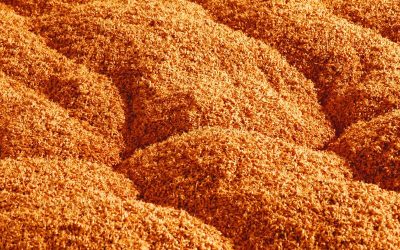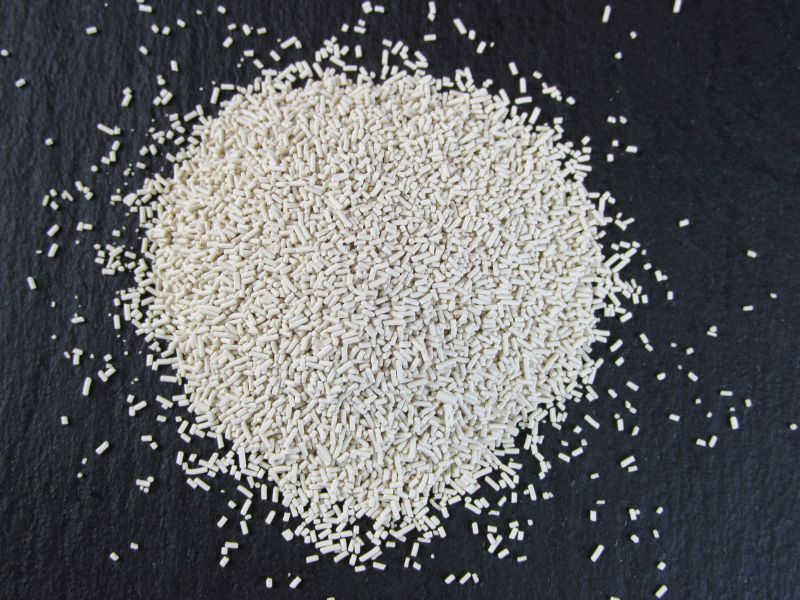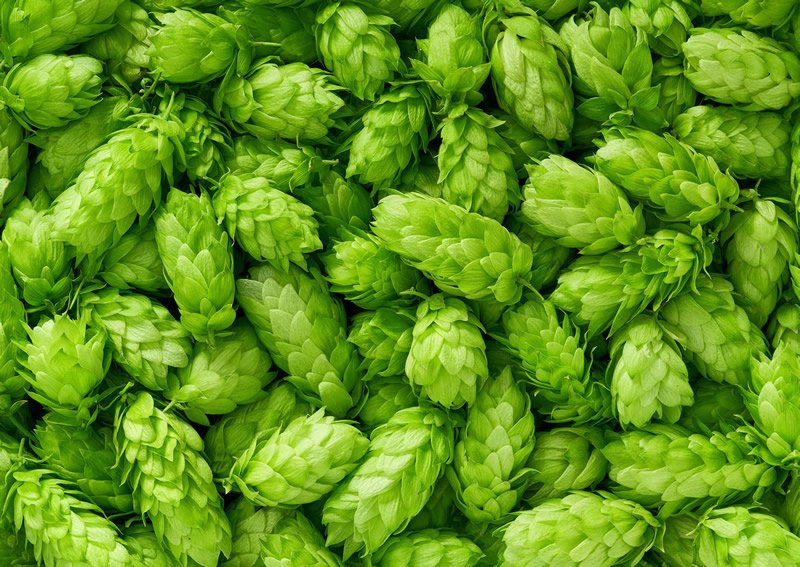A Journey into the History of Malting
Malting has a storied past, with a legacy that spans thousands of years and traverses multiple civilizations. This fascinating journey through time reveals how malting has evolved, shaping the course of brewing history and giving rise to the diverse range of beers...
Mastering the Art of Brewing Through the Malting Process
The malting process is an essential step in brewing, transforming raw grains into malt for making beer. This article delves into the intricacies of malting, exploring its importance and the various stages involved. Understanding the Role of Malt in Brewing Malt is...
Homebrewing vs Buying Commercial Beer – In-Depth Evaluation
Homebrewing - A Personal Touch Homebrewing is an art. When you brew your own beer, you have full control over the ingredients, the process, and the final result. It's an opportunity to explore different flavors and techniques, experimenting with various combinations...
An Intro To The Chemistry of Brewing
My interest in the science of brewing stems from my education in microbiology and my many years of experience in homebrewing. Understanding the chemical interactions that take place during brewing has taught me how to consistently produce a beer that is both...










